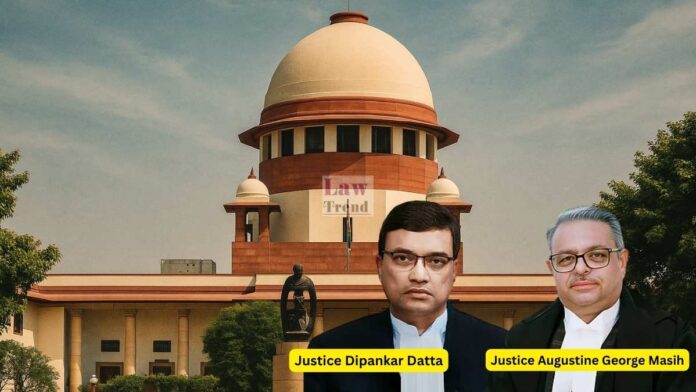The Supreme Court of India, in a significant judgment delivered on October 29, 2025, has affirmed the settled legal proposition that while the legislature does not possess the power to “sit over the judgment of a Court or usurp judicial power,” it is competent, subject to the power to make law, to “remove the basis
To Read More Please Subscribe to VIP Membership for Unlimited Access to All the Articles, Download Available Copies of Judgments/Order, Acess to Central/State Bare Acts, Advertisement Free Content, Access to More than 4000 Legal Drafts( Readymade Editable Formats of Suits, Petitions, Writs, Legal Notices, Divorce Petitions, 138 Notices, Bail Applications etc.) in Hindi and English.




